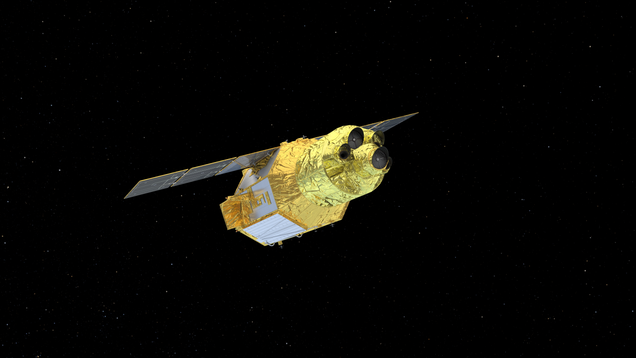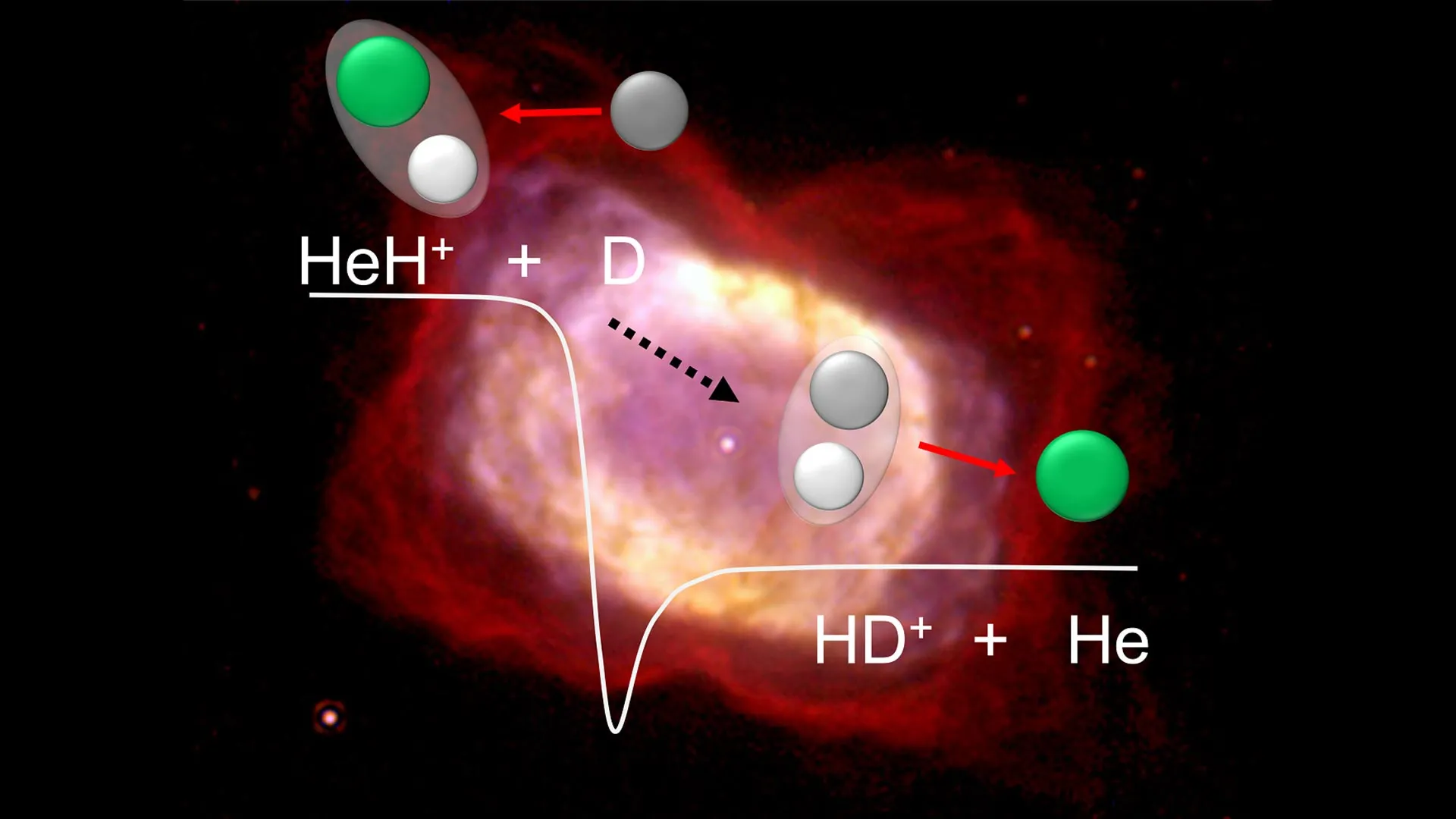Get the latest tech news
Using AI to perceive the universe in greater depth
In a paper published today in Science, we introduce Deep Loop Shaping, a novel AI method that will unlock next-generation gravitational-wave science. Deep Loop Shaping reduces noise and improves...
Deep Loop Shaping reduces noise and improves control in an observatory’s feedback system, helping stabilize components used for measuring gravitational waves — the tiny ripples in the fabric of space and time. Closeup photograph of LIGO, which uses strong lasers and mirrors to detect gravitational waves in the universe, generated by events like collisions and mergers of black holes. This research was done by Jonas Buchli, Brendan Tracey, Tomislav Andric, Christopher Wipf, Yu Him Justin Chiu, Matthias Lochbrunner, Craig Donner, Rana X Adhikari, Jan Harms, Iain Barr, Roland Hafner, Andrea Huber, Abbas Abdolmaleki, Charlie Beattie, Joseph Betzwieser, Serkan Cabi, Jonas Degrave, Yuzhu Dong, Leslie Fritz, Anchal Gupta, Oliver Groth, Sandy Huang, Tamara Norman, Hannah Openshaw, Jameson Rollins, Greg Thornton, George van den Driessche, Markus Wulfmeier, Pushmeet Kohli, Martin Riedmiller and is a collaboration of LIGO, Caltech, GSSI and GDM.
Or read this on Hacker News

